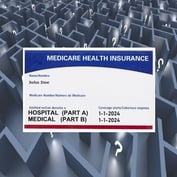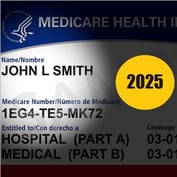This is beginning to feel like the Y2K scare.
After all of the hand-wringing, finger-pointing, accusations and the high anxiety, the International Foundation of Employee Plans put out a survey a couple of weeks back that puts things into proper perspective and should calm nerves.
According to its research, 94 percent of all organizations questioned said they’re likely to keep offering health care coverage to their employees come Jan. 1.
Related story: Employers test mix of strategies to avoid PPACA
That’s the date when we all begin to feel the full effects of Obamacare and when, if some of the more excitable forecasters were to be believed, the United States was going to turn into a nation of uninsured part-timers able to obtain coverage only through a government exchange and only thanks to subsidies that will bury us under further debt.
Common sense should have told us all along that our best strategy was to start breathing, slowly, perhaps into a brown paper bag.
Look, I’m not trying to minimize what I know a lot of HR managers have been going through, especially over the past few months. There’s no doubt part-timers have lost hours, if not jobs.
See also: Shift to part-time workers began pre-PPACA








 May 30, 2013 at 01:38 PM
May 30, 2013 at 01:38 PM










